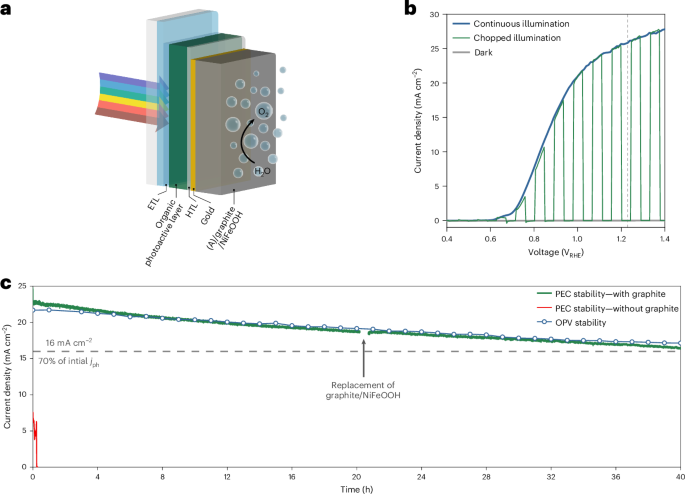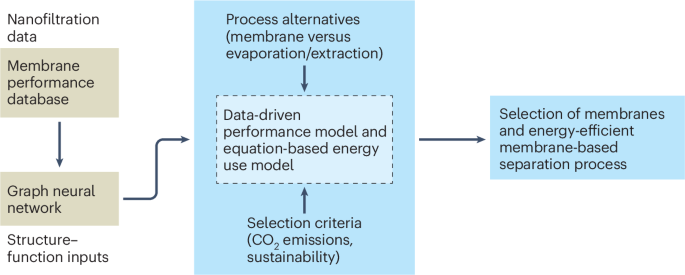Electric Field Sponge Effect of Conducting Polymer Interphases Boosts the Kinetics and Stability of Zinc Metal Anodes
Advanced Energy Materials, Volume 15, Issue 11, March 18, 2025.

The electric field sponge effect of poly (3,4-ethylenedioxythiophene) (PEDOT) as a model conducting polymer interphase layer is proposed, which can boost the kinetics and stability of Zn anodes via the formation of electron-rich and electron-deficient conjugated π─π bonds during Zn2+ plating and stripping processes, respectively.
Abstract
Aqueous zinc (Zn) batteries (AZBs) are regarded as a prime choice for large-scale energy storage due to their high safety and low cost. Nevertheless, the issues of Zn dendrites and side reactions seriously limit the cycling stability of AZBs. Herein, it is found that the electric field sponge effect of poly (3,4-ethylenedioxythiophene) (PEDOT) as a model conducting polymer interphase can boost the kinetics and stability of Zn anodes. During Zn2+ plating, the electron-rich conjugated π─π bonds can accelerate Zn2+ migration and reduction. During Zn2+ stripping, the electron-deficient conjugated π─π bonds can promote Zn2+ transfer from the Zn substrate into electrolytes. The Coulombic attractive/repulsive force-regulated Zn2+-plating/stripping behavior is similar to the absorbing/squeezing processes of water from sponges, so the electric field sponge effect is proposed. This concept applies to other conducting polymer interphases, such as polyaniline and polypyrrole. Moreover, the presence of conducting polymer interphases effectively suppresses the water-induced side reactions on Zn. Consequently, the Zn@PEDOT electrode manifests a superior long lifespan of 5250 h (1 and 1 mAh cm−2) and an ultra-high current density tolerance of 80 mA cm−2 and assures the coin-type and pouch-type Zn-based full batteries with excellent cycling stability.










































































































































































.jpg)





